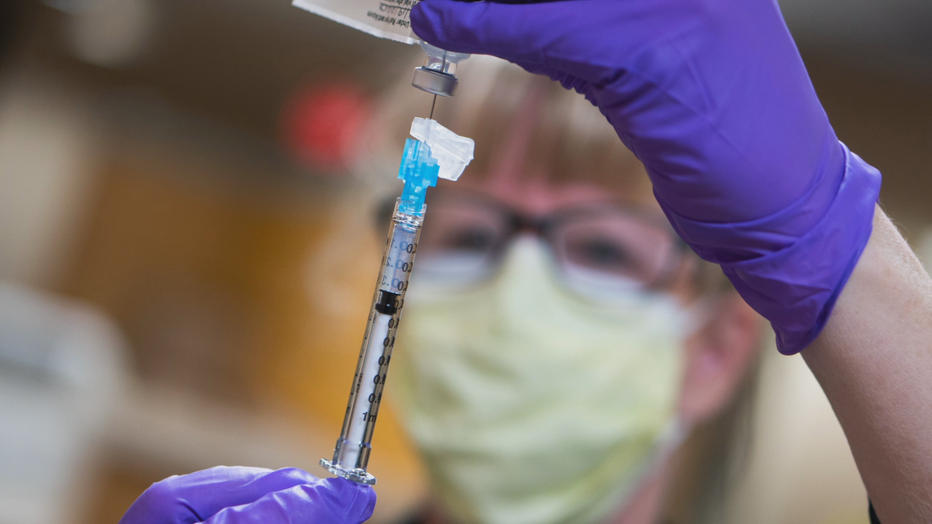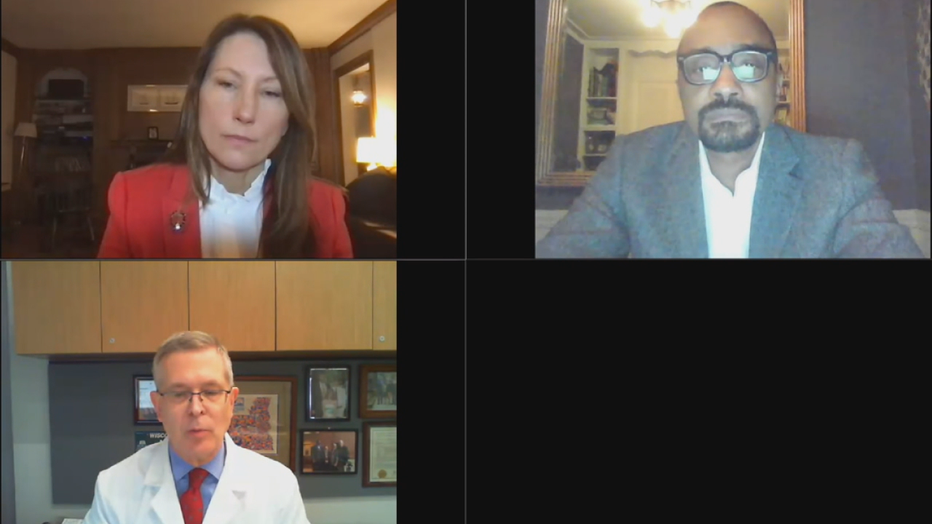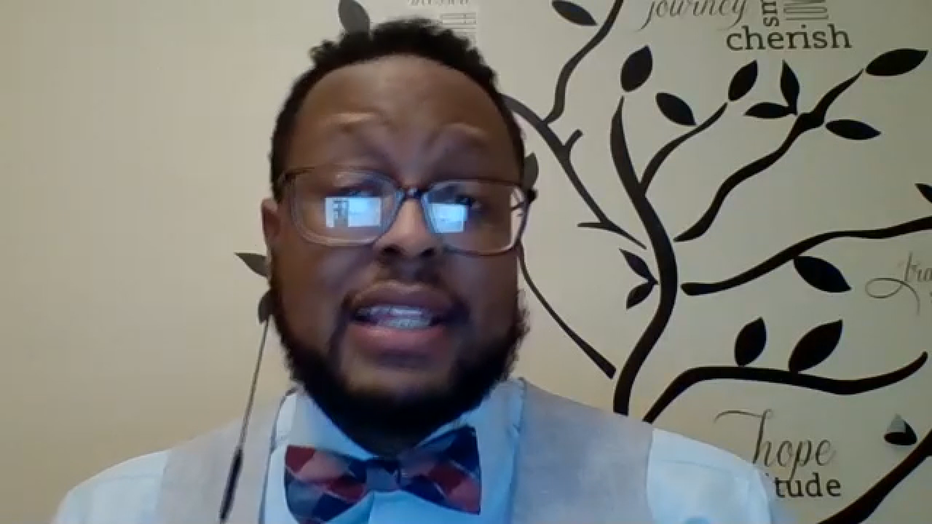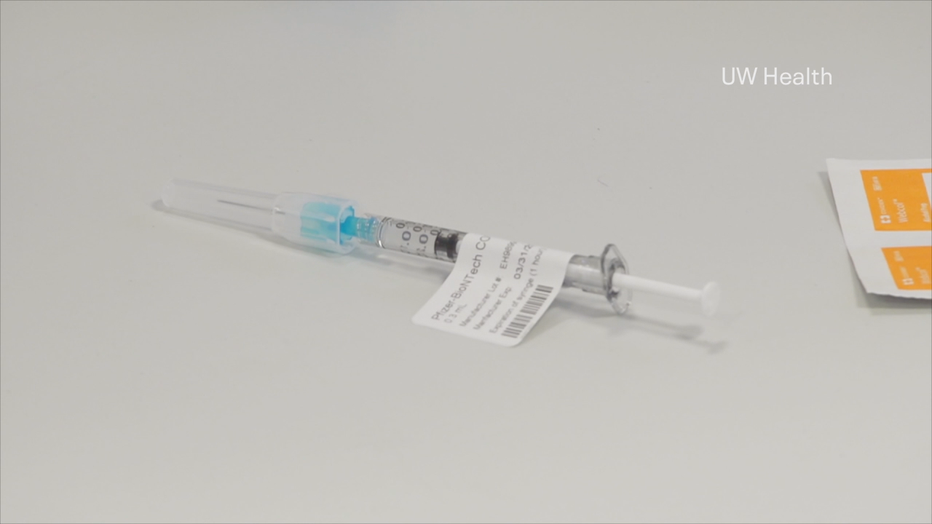Medical College of Wisconsin experts combat 'vaccine hesitancy'

Medical College of Wisconsin experts combat ‘vaccine hesitancy’
Medical College of Wisconsin experts worry mistrust could be a roadblock, while others are focused on making sure there's equitable distribution of the COVID-19 vaccine.
WAUWATOSA, Wis. - Hospitals and clinics in Wisconsin can expect shipments of Moderna's COVID-19 vaccine to arrive by Christmas, but medical experts say it won't be enough to meet the short-term demand.
In order to return to life as it was, 70-to-75% of the population will need to be vaccinated, experts say, which is no small challenge.

"There’s a lot of fear, a lot of anxiety, a lot of mistrust, a lot of information," said Dr. Laura Cassidy, professor and director of epidemiology with the Medical College of Wisconsin.
As Pfizer's coronavirus vaccine is being distributed to Wisconsin's health care workers and Moderna's on its way, Medical College of Wisconsin experts on Monday, Dec. 21 said no single drug company will be able to meet the short-term demand, with hundreds of millions of doses needed.

FREE DOWNLOAD: Get breaking news alerts in the FOX6 News app for iOS or Android
AstraZeneca and Johnson & Johnson's vaccines, Dr. John Raymond said Monday, could get emergency use authorization soon, but there's a larger issue at hand.
"They really are safe, and one of the things we need to work hard on is to deal with vaccine hesitancy," said Dr. Raymond, Medical College of Wisconsin president and CEO.
Dr. Raymond said mistrust could be a roadblock.
"Because we’re not going to have a new normal that looks like the old normal until we have 70 to 75% of the population who have received the vaccine," said Dr. Raymond. "Vaccine hesitancy is more prevalent in the African American community."

Bashir Easter, Ph.D.
Meantime, other groups are working to ensure that vaccine distribution is equitable, specifically in communities that have been disproportionately impacted by COVID-19.
"African-American and Latino communities -- our communities have been hardest hit with this disease, this virus," said Dr. Bashir Easter, assistant director of UW All of Us Research Program in Milwaukee. "It is very important to make sure that access to this is given to those communities hit the hardest."

Equally as important, Easter said, is that those communities have their voices heard.
"Have the community voice their opinions," said Easter. "I think that is extremely important to be part of it. I think that will also help with some of that mistrust."
A vaccine expert with UW Health said they're exploring ways to ensure that people in under-served communities have easy access to the vaccine -- potentially even through mobile teams.

